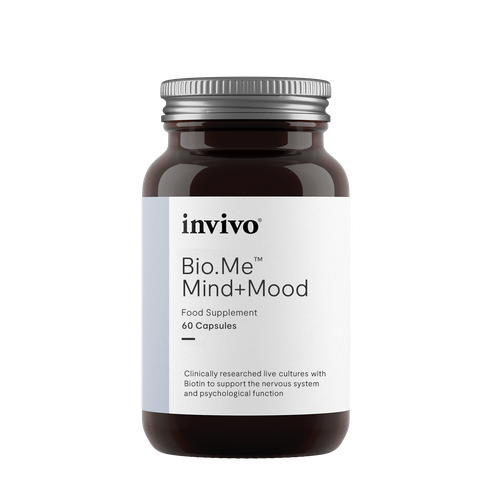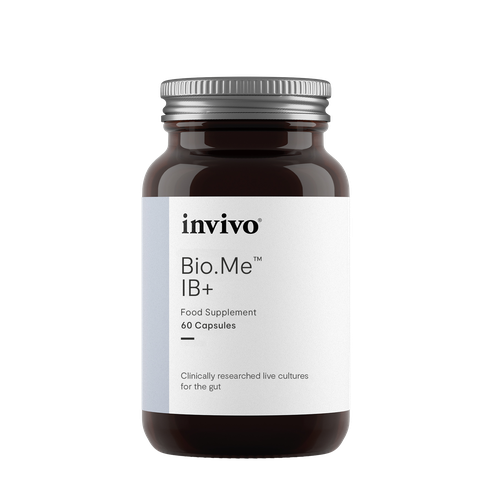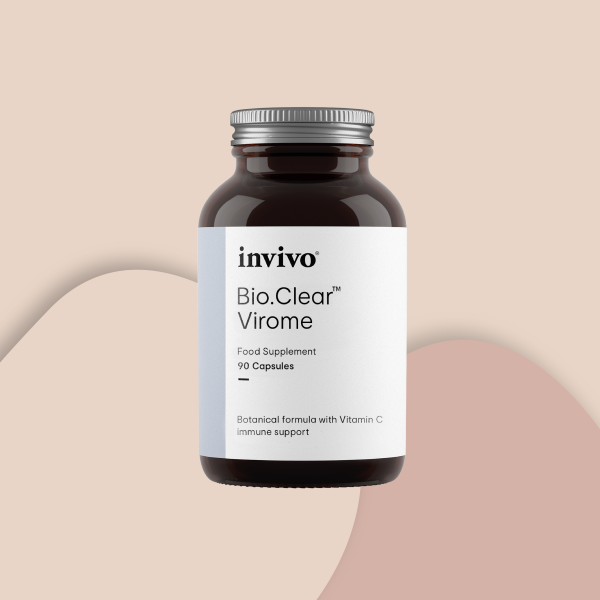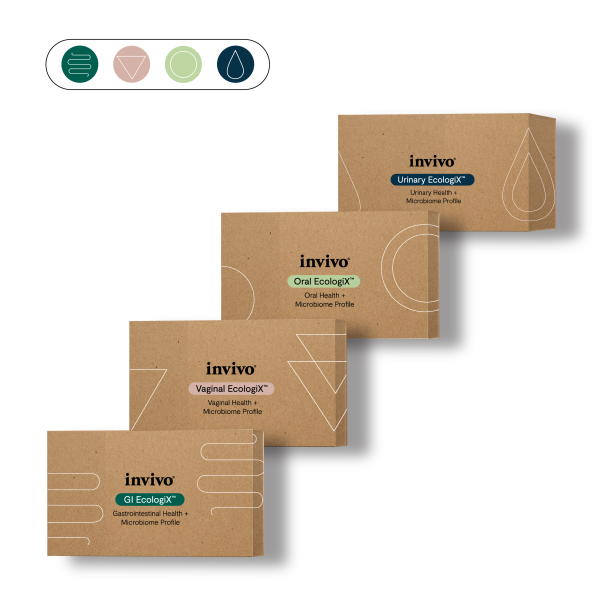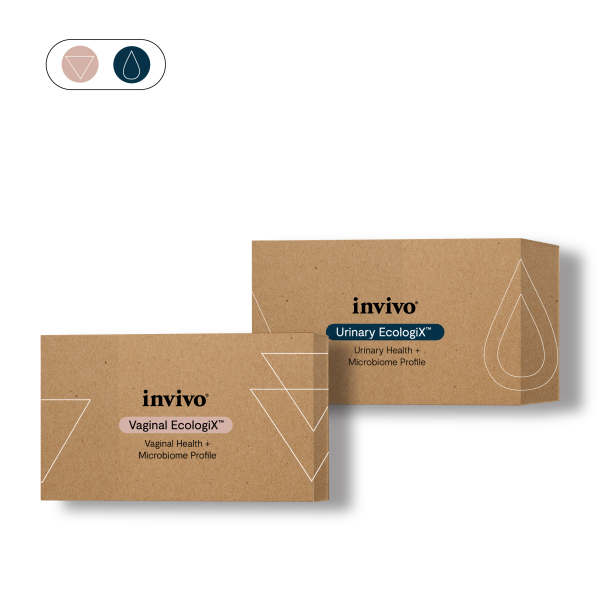It’s that time of year again. A time where we reflect and take stock of all the things we have achieved this year as well as let go of the things we didn’t have the time to do, the lightbulb moments that made puzzle pieces click in our brains and the reads and podcasts that inspired us to do or see things differently.
If you’ve stayed connected with us over the past few years, you’ll know our final Sunday Journal of the year is something quite special. This year we’ve expanded our much-loved annual tradition of reaching out to our clinical education and leadership team to share their “favourites” of the year with us, to all of our Invivo team.
While you may not get to interact with all of them on calls or see them in webinars, our team are such a diverse group of interesting human beings with a variety of interests, hobbies and passions and we really wanted to take this opportunity to expose you to their “awesomeness”.
We can’t wait for you to explore this collection of favourites that have both excited and influenced our team throughout 2022 and we look forward to welcoming you back in 2023.
podcasts
How Foods and Nutrients Control Our Moods explains the connection between the gut microbiome and mental states. I have had a world of digestible scientific information available through Dr. Huberman’s podcasts. Not only giving explanations but also actionable plans for improving mental and physical states. The long-form explanations are structured in a great way. I have been recommending Dr. Huberman’s podcast to anyone who will listen. So many topics, so much information.
– Jack
The Infinite Monkey Cage has been going for a long time, so I am late to the party, but it’s been so nice to hear scientists really get to share the one thing they are really good at, as well as tackle some big issues and have a giggle at the same time.
– Debbie
The Surprising Truth About Happiness with Professor Laurie Santos on Dr Chatterjee’s Feel Better Live More. In a year which has been full of upheaval once again, from the war in Ukraine to the cost of living crisis, this podcast is a much-needed breath of fresh air about the simple, every day, often free strategies we can implement to improve our emotional wellbeing. The pearl of wisdom which really resonated with me was the importance of ‘self-LESS care’ as well as ‘self-care’. That in order to be truly happy, we need to go beyond ourselves and nurture our people and our communities. It reminded me that no act of kindness is ever wasted and that no diet or supplement can compensate for a lack of social connection. It also brought home for me how consciously nurturing our own microbiome is an act of love not only for ourselves but for those around us too since we share our microbiomes with everyone we interact with.
– Emily
Next Economy Now Podcast highlights the leaders who are taking a regenerative, bio-regional, equitable, transparent, racially just and whole-systems approach to creating the new economy.
– Kath
I have generally been enjoying Dairy of a CEO podcast for the variety of topics (note – not all business related!) this year. I love Gabor Mate’s books/work and have chosen this episode as every time I hear him speaking, it resonates so deeply with me and I feel like everyone should at least have heard his theories. For some, this can then lead on to greater self-awareness, reflection and a desire to deal with deep-rooted childhood experiences and how the perceptions have shaped our view of lives and unconscious behavioural patterns.,
– Naomi
– Belinda
‘ah-ha’ moment of 2022
I have had several ah-ha moments this year from reading the amazing feedback and personal stories kindly shared with us by our wonderful customers. From fertility successes to complete resolution of chronic symptoms, hearing how people’s lives have changed for the better is what drives Invivo’s purpose, fuels my passion for the microbiome and ultimately reinforces how privileged I am/we are to be a part of this incredible mission to restore health and ecology.
– Emma
‘Microplastics found in human blood for first time’ – That headline sent shivers down my spine, then reading it to find it was found in 80% of people tested. But it makes sense given the life cycle of plastic and how much we produce as a species.
– Jack
The joy of growing your own veg! This year was our second year of having two huge veg beds and we went bigger with our allotment ambitions. We grew several varieties of squash and tomato, purple sprouting broccoli, spinach, rainbow chard, potatoes, peas, and many others, and it was a real highlight of the year for me. Growing your own simultaneously gifts you gorgeous, organic, seasonal food, daily exposure to nature and beneficial microbes from the environment, a sense of fulfilment, and peace and quiet. It was a real tonic this year and I can’t wait to get back to it next year!
– Emily
Speaking to healthcare providers all year, I have been struck by just how often chronic UTIs of many years (sometimes 20 years+!) come up when they tell us a client case synopsis, so I am excited that we have now launched the Urinary EcologiX as a tool to help these clients. Another one of my “A-ha” moments this year was understanding the difference between the UPEC (Uropathogenic E Coli) versus the more common general E Coli (which comes up so regularly in urine culture), and of course that there is a Lactobacillus-dominant commensal microbiome in the bladder, just like the vaginal microbiome (although with a few differences at the sub-species level)! I look forward to us all learning more about this microbiome as we head into 2023!
– Naomi
transformative reads
The Language of Archetypes by Caroline Myss. I have always been interested in what drives human behaviour and how I can better support my clients and family and friends with behavioural change. This year I have been working with a mentor and learning all about archetypes and this book gives a good overview of what they are, how you might have come to possess specific archetypes and how they might be driving behaviour, particularly survival patterns, unconsciously.
– Naomi
I discovered this book whiist carrying out my PhD research into Dysbiosis (an imbalance) of the Human Intestinal Microbiome and it has been my go-to recommendation for those interested in their microbes ever since. ‘Gut: The Inside Story of Our Body’s Most Underrated Organ’ by Giulia Enders is a fantastic, taboo-breaking introduction to the Gut Microbiome which is clearly explained, informative and relatable on a laugh-out-loud scale. It has also recently been expanded to delve into exciting new research on the Gut-Brain axis, which is equally fascinating as it is pivotal to our health.
– Emma
The Business of Botanicals was really enjoyed by myself and my colleagues in new product development, Belinda Gilbert and Louise Joyce. Sustainability and ethics are really important to us personally and professionally, and this book was an amazing give from the author’s experience that has been in the botanical industry a long time, about how to work with every part of the supply chain to improve it.
– Debbie
How to Cope with Bad News looks at the ways in which you can maintain control over what stressful stimulus you are exposed to. Having all but left social media and news outlets due to the constant negativity, conspicuous consumption and virtue signalling. The article helped with some other methods of managing your media-induced stress.
– Jack
Diet-Induced Extinction in the Gut Microbiota Compounds Over Generations. When thinking about supporting the health of our gut microbiome, we usually focus on the multitude of benefits which this will have for our personal health. Lesser discussed is the importance of such an approach for the health of our offspring. This study by Sonnenburg et al 2016 neatly demonstrates this. This mouse study found that multiple generations of a diet very low in microbiota accessible carbohydrates (MACs) found in dietary fibre led to a progressive loss of gut microbial diversity which was not recoverable upon reintroduction of dietary fibre. At this point, they found that gut microbial diversity could only be reversed by the combination of dietary fibre and provision of the missing taxa through a fecal microbiota transplant. Therefore, taking care of our gut microbiome helps to look after our health and that of future generations too!|
– Emily
Neapolitan Novels by Elena Ferrante Four novels that document the ways misogyny and violence could determine lives, as well as the history of a region and a country, in this case Napoli in Italy. The journey to be more aware of the world we live in is forever hard and necessary work. Social justice doesn’t appear by it self it’s hard and ongoing work that never stops.
– Kath
I Contain Multitudes: The Microbes Within Us and a Grander View of Life. This book discusses the microbial similarities (and differences) between every animal – from the tiniest ant to the human species. It is an informative and amusing read, telling the poignant story of how every species on Earth is interconnected.
– Quentin
“Nations First Vaginal Fluid Transfer.” This covers experiments to transfer healthy “happy” vaginal fluid to women who suffer from BV – it’s at it’s beginning stages but if it could be a possibility this would make a lot of women happy! It fascinated me in how the human body works.
– Sian
Boys will be Boys by Clementine Ford. This was an eye-opening read about the ways in which gender myths reinforce unhelpful behaviour expectations for everyone, and how we raise the next generation differently.
-Belinda
The Sunday Journal is our fortnightly newsletter saving you time by finding the most interesting articles, podcasts, and videos about human ecology, culture, and science. Sign up to our newsletter to receive your copy.
